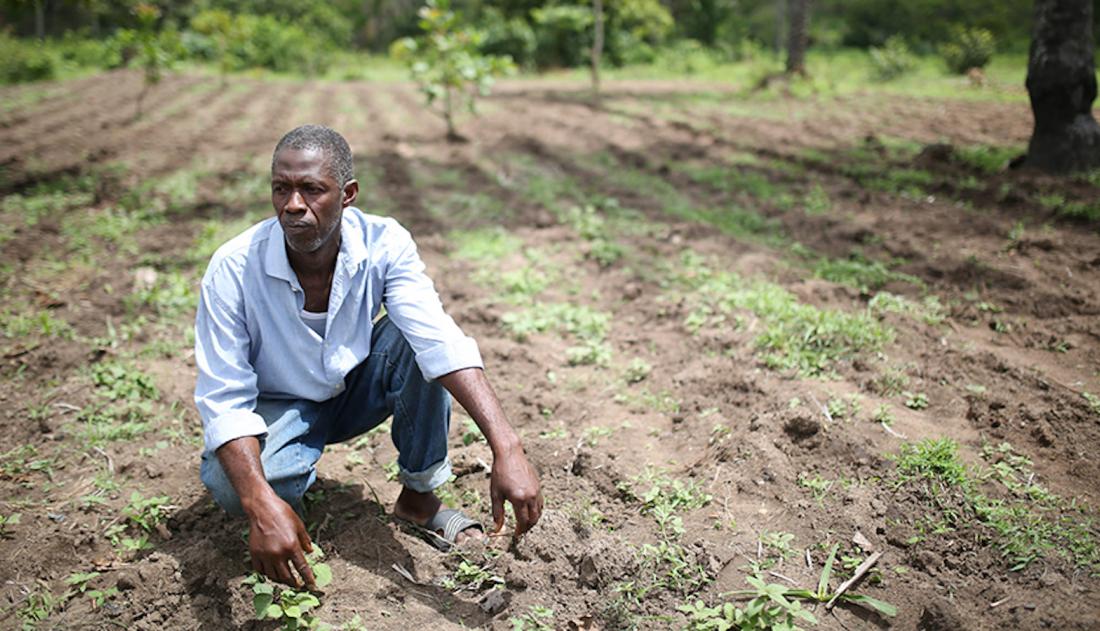
Sustainable Development Goal 3 (SDG3), to ensure healthy lives and promote well-being for all at all ages, recognizes that health needs and considerations evolve throughout the life cycle. Although many older persons retain overall good health and functioning well into old age, the process of ageing entails an increasing risk of poor health.[1]
Age is in fact estimated to be the most important determinant of health. Yet while older persons on average have greater health care needs than younger age groups, they also face distinct disadvantages in accessing appropriate, affordable and quality care.
Ageing involves biological changes, but also reflects the accumulated effects of one’s exposure to external risks, such as poor diet, and can further be influenced by social changes, such as isolation and loss of loved ones.[2] Genetics are estimated to be responsible for about 25 per cent of differences in health and function in old age, with other determining factors including aspects of the natural and physical environment such as air pollution and accessibility, risky behaviors such as smoking and inactivity, and individual characteristics such as occupation and level of income or education.[3] Moreover, these factors are often intertwined, such that individual characteristics among older persons may hold sway over other health determinants.
In other words, disparities in old age in health and other areas often reflect accumulated disadvantage, due to factors such as one’s location, gender and socio-economic status, as well as to ageist attitudes and practices and to lacking or inadequate laws and policies—or their enforcement—that provide for equality and the rights to health and social security. In the context of rapid population ageing, age-related inequalities take on greater urgency. Between 2015 and 2030, the number of people aged 60 and over is expected to increase from 901 million to 1.4 billion.
Read our Briefing Paper on “Health Inequalities in Old Age”.
[1] United Nations, World Population Ageing 2015 (ST/ESA/SER.A/390).
[2] Ibid.
[3] World Health Organization, World Report on Ageing and Health (Geneva, 2015).
 Welcome to the United Nations
Welcome to the United Nations


